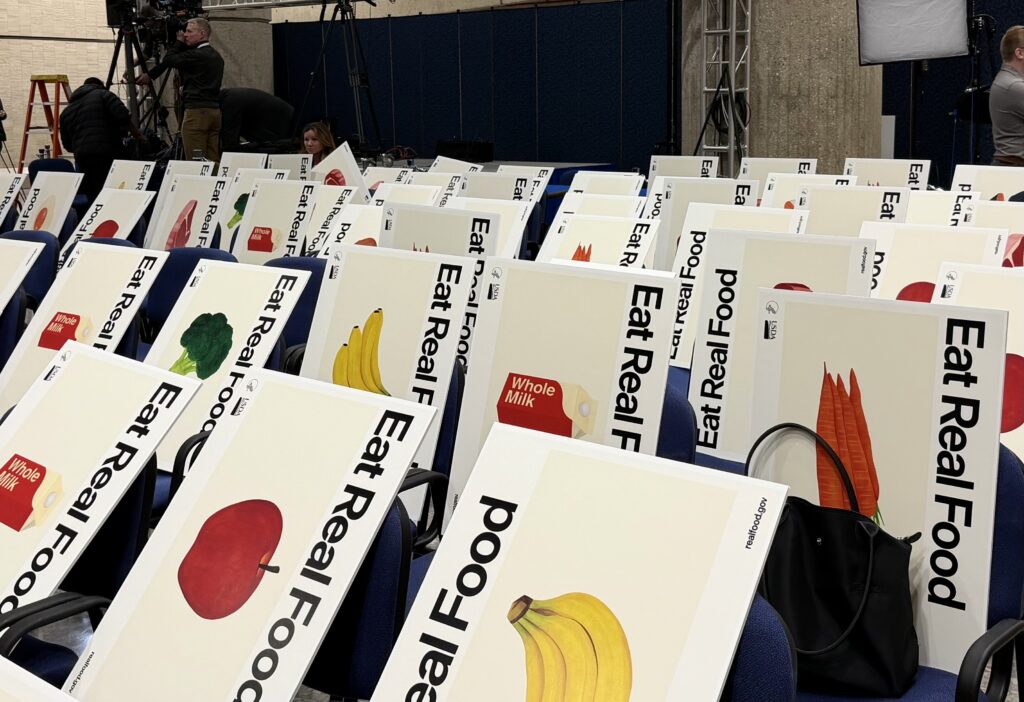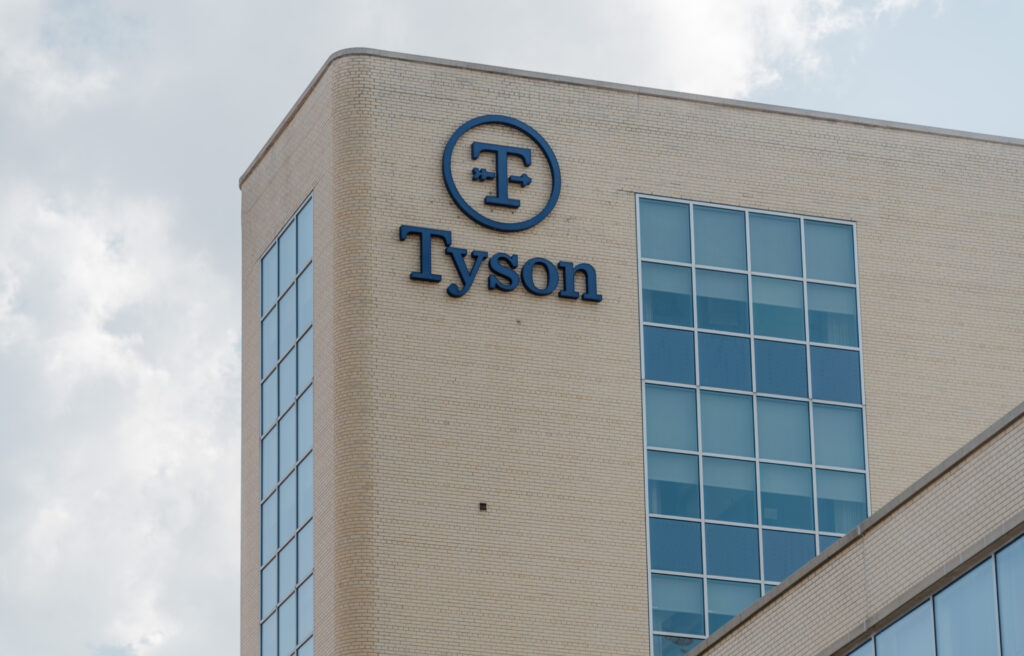Imagine facing hundreds of thousands of lawsuits alleging your product causes harm—but instead of addressing the issue, you can simply pay lobbyists to change the rules of the game. That’s Bayer’s strategy since acquiring Monsanto amidst the ongoing controversy surrounding its weedkiller, Roundup.
With a staggering 177,000 lawsuits alleging Roundup’s active ingredient, glyphosate, causes cancer, Bayer has launched a campaign to restrict farmers’ and the public’s ability to hold them accountable. These pesticide corporations, profiting at the expense of farmers’ health, now seek to strip them of the right to compensation for the harm caused by their products.
The Consolidation and Control of the Agrichemical Industry
The seed and pesticide sector is highly concentrated, dominated by four multinational firms: Corteva, Bayer, ChemChina, and BASF. These giants control 62% of global agrichemical sales and 40% of the global seed market. This consolidation is the result of decades of mergers and acquisitions, leading to a market where these corporations wield immense power. With the rise of genetically modified (GM) seeds in the 1990s, these companies began bundling GM seeds with compatible pesticides, compelling farmers to use both. They also consolidated intellectual property rights, restricting access to traditionally bred seed varieties and fundamentally changing how farming is done.
Since the introduction of glyphosate-resistant GM crops, U.S. glyphosate use has surged from 40 million pounds in 1995 to 276 million pounds in 2014. While once considered safe, increasing research has linked glyphosate use to an increased risk of certain cancers. In 2015, the International Agency for Research on Cancer (IARC) classified glyphosate as “probably carcinogenic to humans.” Consequently, Vietnam withdrew glyphosate from its list of authorized pesticides in 2019, and Mexico has begun a gradual phase-out.
Failure-to-Warn Claims and Legal Battles
As frontline workers in our food system, farmers and farmworkers are significantly impacted by exposure to these dangerous chemicals. State tort law provides a pathway for those harmed by pesticides to seek remedies. Almost every pesticide injury lawsuit filed in the past decade includes a failure-to-warn claim. To succeed, a plaintiff must prove the manufacturer failed to warn consumers about a known or knowable risk.
Bayer has faced a series of significant losses in court. Recently, a jury in Georgia ordered Bayer to pay $2.1 billion in damages to a man claiming Roundup caused his cancer. Last year, a Philadelphia jury awarded $2.25 billion to another individual with a similar claim. With 177,000 lawsuits filed and $16 billion set aside for settlements, Bayer recognizes it cannot sustain this level of legal pressure.
Bayer's Strategy: Blocking Access to the Legal System
Bayer has launched a multi-pronged strategy which includes pushing for legislation that would make it much more difficult for farmers and the public to sue agrichemical manufacturers and appealing to the Supreme Court to limit legal claims. Laws shielding pesticide manufacturers from litigation have been introduced in at least eight states this year, with drafts circulating in more than 20, in addition to the federal Agricultural Labeling Uniformity Act (H.R. 4288), which has bipartisan support.
In Georgia, SB 144 has passed both Houses, and Bayer has already welcomed the impending law. These proposed laws aim to shield companies like Bayer from liability, effectively silencing those harmed by their products. Critics are calling these measures “Gag Laws” and the “Cancer Gag Act.”
We'll herd updates like these right into your inbox.
Get the biweekly Farm Action News Roundup!
Why This Matters to Farmers
Farmers have the right to respond when injured by corporations’ failures to warn them of known hazards. Will Harris of White Oak Pastures is urging Georgia’s Governor Kemp to veto SB 144, stating, “This bill will strip the rights of Georgians.” He emphasizes that farmers deserve the right to sue when their land, property, or family is injured by chemicals.
In Iowa, farmers successfully rallied against SF 394, dubbed the “Cancer Gag Act.” Iowa has the second-highest rate of new cancer cases in the U.S. Aaron Lehman, president of Iowa Farmers Union, said, “Our farmers feel that if they have injuries or illnesses due to their use of a pesticide they should have access to the courts…We just don’t think the playing field should be tilted.”
Farmers are joined by a growing movement supporting a reduction in reliance on these chemicals. “Make America Healthy Again” advocates argue that these bills would allow manufacturers to avoid liability for health risks, following Health and Human Services Secretary Robert F. Kennedy Jr.’s previous involvement in failure-to-warn claims against Bayer, including a $289 million Roundup-related verdict.

Will Harris, White Oak Pastures
Broader Implications
The battle over Bayer’s “Gag Laws” is about more than just lawsuits—it’s about accountability, transparency, and the rights of farmers. As the debate continues, it’s crucial to understand the implications of these proposed laws and to support farmers’ right to seek justice when they are harmed. The consolidation of power in the agrichemical industry and the push to limit legal recourse threaten not only farmers’ livelihoods but also public health and the integrity of our food system.
Concept developed from research by Sarah Carden and the 2024 Farm Action consolidation report authored by Basel Musharbash.





